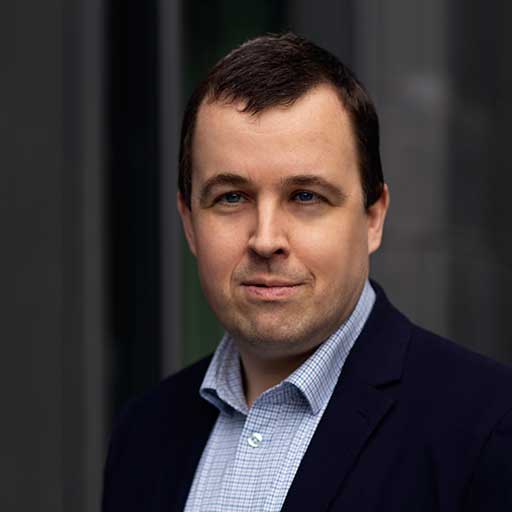Projects
CINDISContact person

Project

Consortium for Intelligent Diagnostics of Skin cancer (CINDIS)
Project period: October 2022 – September 2023
Project partners: Medicon Valley Alliance and Malmö University, in collaboration with Lund University/Skåne University Hospital and Bispebjerg Hospital.
Funding support: EU Interreg Öresund-Kattegat-Skagerrak
Aim
This is a feasibility study to prepare for a larger joint clinical study.
Background and project description
Diagnosis of skin cancer in current clinical practice is associated with significant uncertainty. Some patients therefore undergo an unnecessary operation or treatment, while others do not get the treatment that is needed, or need to keep returning for check-ups. An accurate and reliable diagnostic (and non-invasive) method will therefore be a big step forward – it will be faster, reduce uncertainty for patient as well as doctor, and avoid unnecessary operations. Potentially, it could also increase the possibility of more individualized treatment.
Researchers at Malmö University are developing non-invasive sampling and analysis methods to extract biological molecules from the skin. If it can be shown that different combinations of these molecules’ occurrence are unique to different types or stages of skin cancer, then the method will in the future be able to provide an accurate and non-invasive diagnosis of whether the patient has skin cancer or not, as well as what type or stage of skin cancer.
In order to reach this long-term goal of an accurate diagnosis of skin cancer, the sampling method and the analyses must be thoroughly tested on all major types and stages of skin cancer, and on benign spots. This must also be done in a large number of patients, so that the conclusions are not only scientifically valid, but also solid enough that the public health system can implement the method. A third requirement is that must also be possible for the new method to be provided or manufactured in larger numbers.
Together this will require an extensive project, in a complex collaboration between disciplines and across borders. Before that, it must first be demonstrated that the method can be used in the clinical setting, and that it can distinguish between skin cancer types.
Therefore, this feasibility study is performed with as aims:
- Test the new method in the clinic in patients with skin cancer, to confirm that the sampling method can be included in the routine clinical procedures, and that analysis of the samples can detect skin cancer.
- Further develop the sampling method and the analyses so that they are ready for a large project.
- Build the required partnership and the technical collaboration platform.
The project team consist of researchers at Malmö University (with further advisors at Linköping and Copenhagen universities), skin cancer clinicians at Lund University and Bispebjerg Hospital, and project management at Medicon Valley Alliance.
Update
The pre-project held a mini-symposium on 25 September 2023.